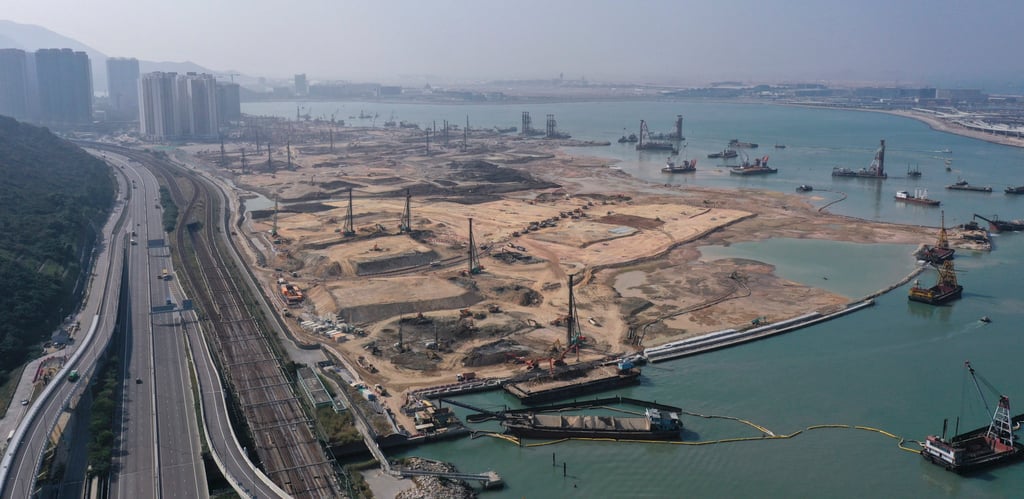Opinion | How infrastructure borrowing can benefit Hong Kong for decades to come
- Debt financing is more efficient and equitable, with cutting spending and raising taxes unpalatable given the city’s current sluggish growth
- The government should also put in place a framework to ensure debt sustainability and boost financial transparency for the projects involved

This proposal makes sense. Hong Kong’s public debt to gross domestic product ratio is extremely low by international standards; the government therefore has the space and creditworthiness to borrow more – even though interest rates today are higher. There is also a strong economic case to rely on debt financing for infrastructure projects which incur costs today but generate benefits for the next few decades.
Nonetheless, there are concerns among some that such borrowing only deepens the government’s financial hole, burdens future generations, and masks the precarity of government finances. Rather than dismiss these concerns as invalid or ignorant, the government should engage seriously with them and, in so doing, build society’s trust in its ability to manage Hong Kong’s finances well. This is also an opportunity to educate the public on why borrowing for infrastructure is not only necessary, but may even be desirable in the current macroeconomic context.

Necessary and desirable
The first principle of public financial management that the Treasury should convey is that all deficits have to be financed eventually. In this, the government has to choose between three unpalatable options: raising taxes, cutting spending, or borrowing. Raising taxes – particularly the introduction of a Goods and Services Tax (GST) – is probably something that Hong Kong must do eventually.

That leaves increased public sector borrowing as the least bad option to finance Hong Kong’s infrastructure plans.

